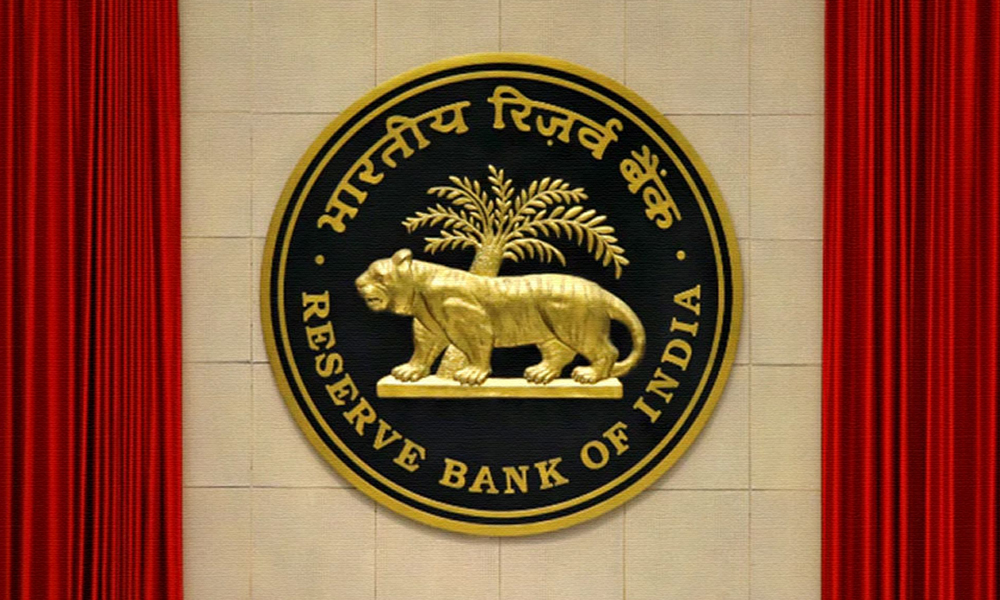
Image Credits: Prabhat Khabar
Banking Licenses To Large Corporates: Reform Or Disaster?
Writer: Shubhendu Deshmukh
Shubhendu, the quint essential news junky, the man who loves science and politics in equal measure and offers the complete contrast to it by being a fan of urdu poetry as well.
India, 25 Nov 2020 2:21 PM GMT | Updated 25 Nov 2020 2:33 PM GMT
Editor : Shweta Kothari |
A broadcast turned digital journalist, Shweta Kothari heads the newsroom at The Logical Indian. She has previously worked with CNBC and NewsX as a news anchor and senior correspondent. Shweta holds a masters degree in journalism from the university of Sussex, UK and started her career with work placement with BBC in Scotland.
Creatives : Abhishek M
" An engineer by profession, Abhishek is the creative producer of the team, graphic designing is his passion and travelling his get away. In more ways than one, he makes the content visually appealing."
From noted economists and former RBI officials, Raghuram Rajan and Viral Acharya to financial journalists, each one of them have advised either not to take this forward, or tread the path cautiously.
The Reserve Bank of India's Internal Working Group's (IWG) proposal to allot banking licenses to the corporates has been red-flagged in several economic and financial circles. From noted economists and former RBI officials, Raghuram Rajan and Viral Acharya to financial journalists, each one of them has advised either not to take this forward, or tread the path cautiously. Rajan and Acharya even questioned the timing and the urgency with which the step was initiated.
We tried to list out the pros and cons of the RBI's proposal and why analysts are critical about it.
Pros
Indian banks are in dire need of recapitalisation. Instead of depending solely on government amid the pandemic when the economy needs a heavy amount of capital infusion, corporates can do the job.
Corporates will not only infuse capital but also bring the necessary expertise "management expertise, experience, and strategic direction to banking", as the IWG, RBI noted.
Thirdly, there are very few jurisdictions in the world that bar corporate houses from banking.
Cons
The main concern regarding this 'reform' is the fear of corporates favouring their business and their suppliers. According to T T Ram Mohan, professor at IIM Ahemdabad, big businesses can easily convert banks into a constant source of funding for their business and also their cronies thus concentrating the economic power.
Secondly, there is a high expectancy that if the company owning the bank gets in trouble, it will dent the reputation of the bank. It won't matter if the entity in trouble is related to the bank or not.
Thirdly, the regulation of such corporate banks is a mountainous task. The IWG has suggested that RBI must be upgraded to monitor the leading mechanisms of corporate banks.
It is to be noted that industries are the major defaulters among Indin banks. According to a government reply in Rajya Sabha, as of March 2018, corporates owed 7.03 lakh crore to the banks. This is 73 per cent of the total domestic bad loans.
Another major problem in the regulation of such banks is the political might. Corporates, just as they use political parties to subvert the law, might use their connections to avoid any scrutiny.
If the RBI initiates action against a powerful corporate, it will be under immense pressure to compromise on rules. This might dent the reputation of the central banking regulator.
Fourthly, the RBI can only react to interconnected lending after substantial exposure to the entities of the corporate house. And even if RBI reacts to the interconnected lending, its actions may cause a flight of depositors from the concerned bank and initiating its collapse.
Also Read: Corporates To Run Banks: Raghuram Rajan, Viral Acharya Raise Red Flags On RBI's Proposal
 All section
All section














